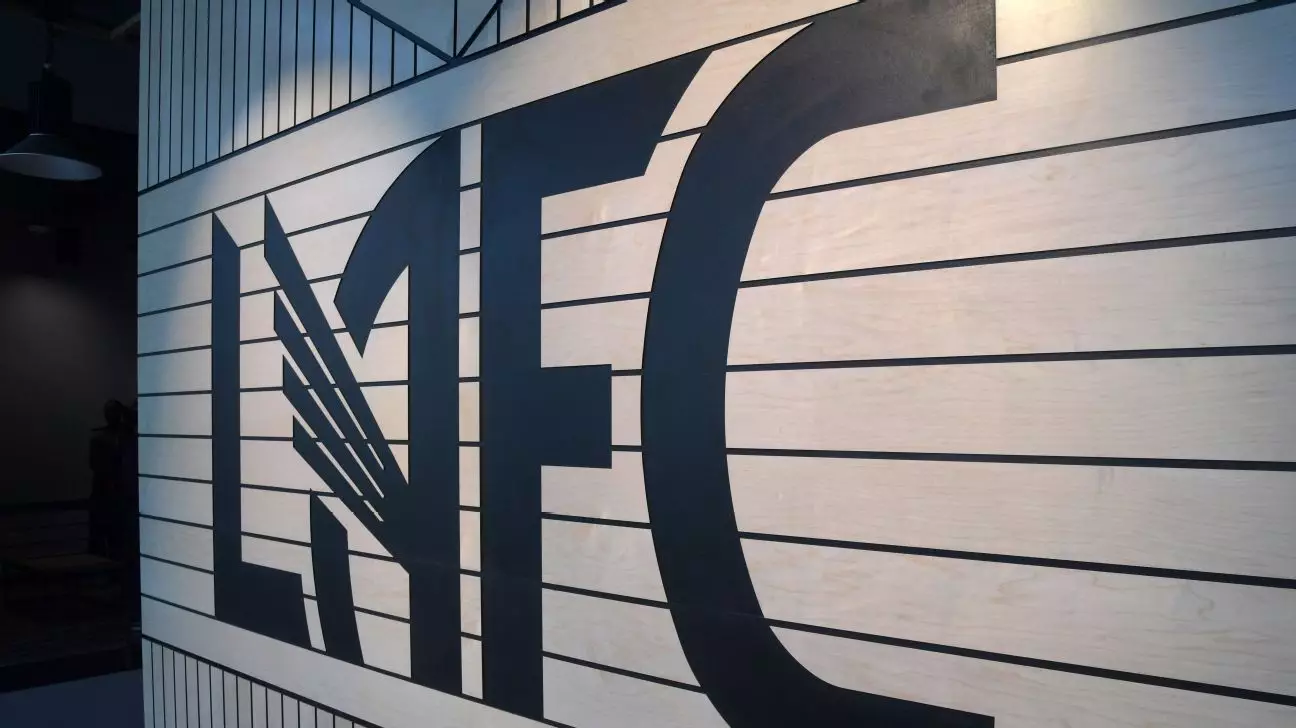In a recent controversy that rippled through the soccer community, Ruben Gnanalingam, a part-owner of Los Angeles FC (LAFC), faced significant backlash after sharing posts on social media that were deemed highly offensive and anti-Israel. The messages, which included incendiary calls to dismantle Israel and inappropriate comparisons between the Gaza war and the Holocaust, sparked outrage not only from fans but also from the league itself. The swift condemnation from Major League Soccer (MLS) and LAFC underscored the gravity of the situation, illustrating the potential consequences of social media missteps in today’s hyper-connected environment.
Gnanalingam’s heartfelt apology came shortly after the incident, wherein he expressed regret for the distress caused by his online activities. Acknowledging a lack of caution, he took full responsibility for his actions, indicating a deep-seated commitment to values such as unity, diversity, and respect. This response resonates with the broader expectations of public figures, particularly in sports, where social media presence can significantly influence public perception.
The Role of Social Media in Shaping Public Perception
In the age of instant communication, social media serves as both a platform for engagement and a potential minefield for reputational damage. For athletes and executives, every post carries weight, and the implications of their messages can reverberate widely. In Gnanalingam’s case, the reposted content not only threatened his personal reputation but also risked tarnishing the image of LAFC and MLS, organizations that pride themselves on inclusivity and respect for all communities.
The incident also highlights the growing role of investigative organizations like GnasherJews, which monitor social media to hold public figures accountable for their statements. The rapid dissemination of information through these channels can lead to fast-paced repercussions, compelling individuals to be more cognizant of their online expressions.
Lessons on Accountability and Responsibility
Gnanalingam’s experience serves as a crucial lesson in accountability. Taking a step back from social media as he announced illustrates an understanding of the importance of curating one’s public persona. It raises a critical point about the necessity for leaders to prioritize thoughtful communication and consider the potential fallout of their online interactions.
His promise to engage with MLS, LAFC, and other organizations practically signals a move toward rebuilding trust and reinforcing the values he professes to uphold. For public figures, understanding the fine line between personal expression and public responsibilities is paramount, especially when representing brands that champion diversity and inclusion.
As the dynamics of communication evolve, so too does the need for professional athletes and executives to navigate these changes with diligence. The Gnanalingam incident is reflective of a larger trend: increased scrutiny of social media and heightened expectations for public figures to act as role models. Moving forward, it is imperative that all leaders in sports and beyond embrace a culture of responsibility, utilizing their platforms to foster positive dialogue and uphold the values of respect and unity to prevent similar missteps.

